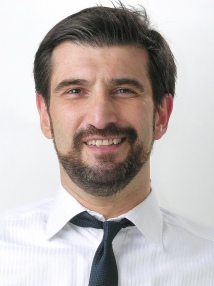BibTex format
@article{Voulvoulis:2017:10.1016/j.scitotenv.2016.09.228,
author = {Voulvoulis, N and Arpon, KD and Giakoumis, T},
doi = {10.1016/j.scitotenv.2016.09.228},
journal = {Science of the Total Environment},
pages = {358--366},
title = {The EU Water Framework Directive: From great expectations to problems with implementation},
url = {http://dx.doi.org/10.1016/j.scitotenv.2016.09.228},
volume = {575},
year = {2017}
}

